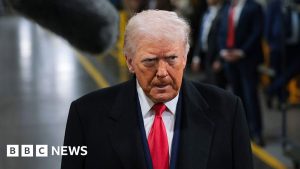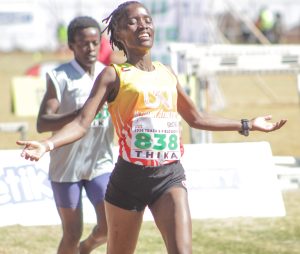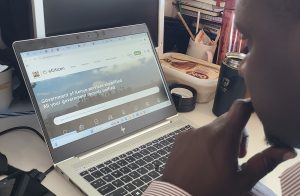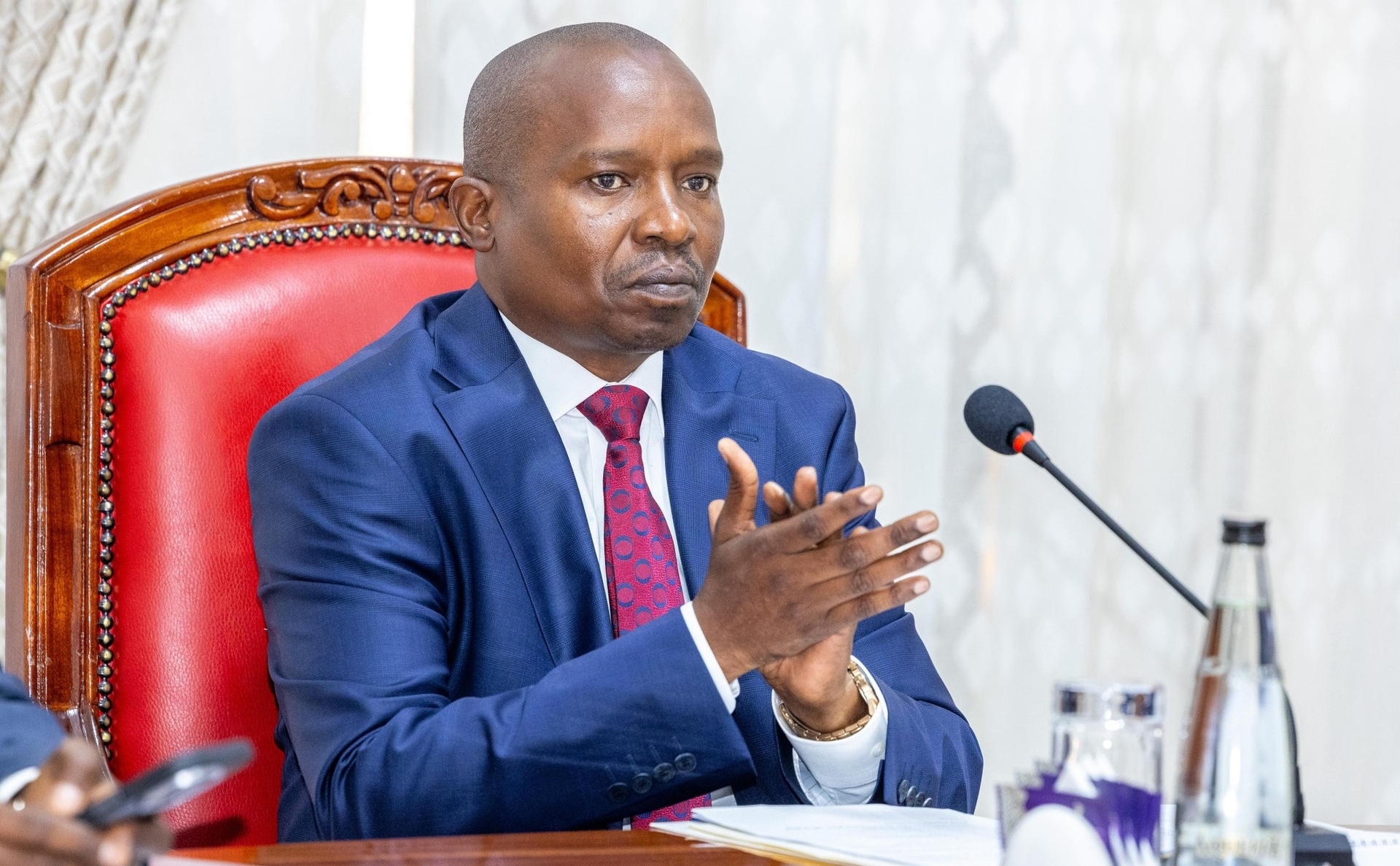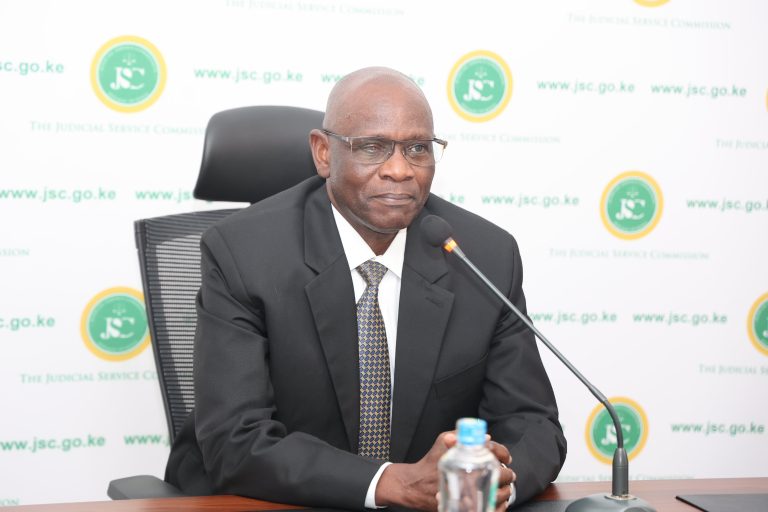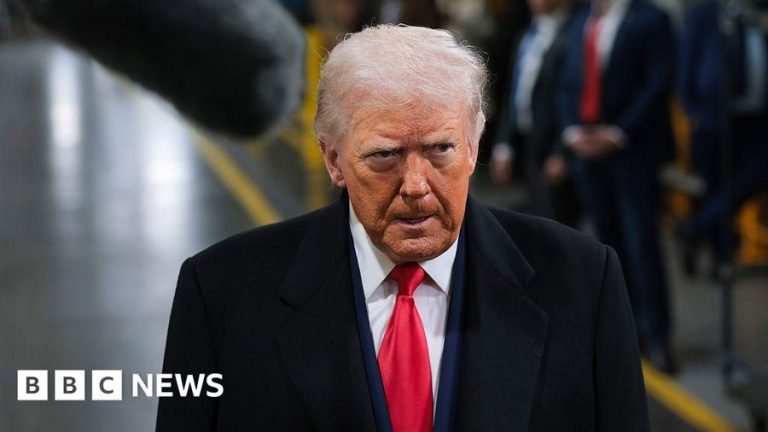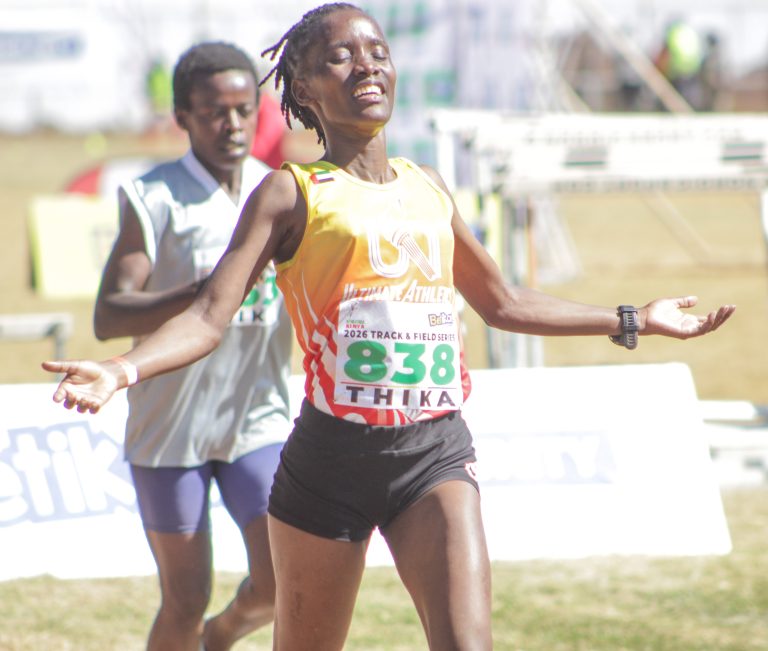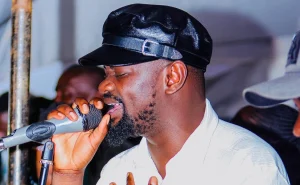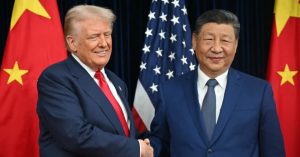Following a day of political unrest in neighbouring Tanzania, Kenya’s Deputy President, Kithure Kindiki, took to social media to express his concern.
He posted a public message praying for peace and stability in the East African nation. The comments section, however, swiftly became a lively hub of trademark Kenyan social media humour and political jest.
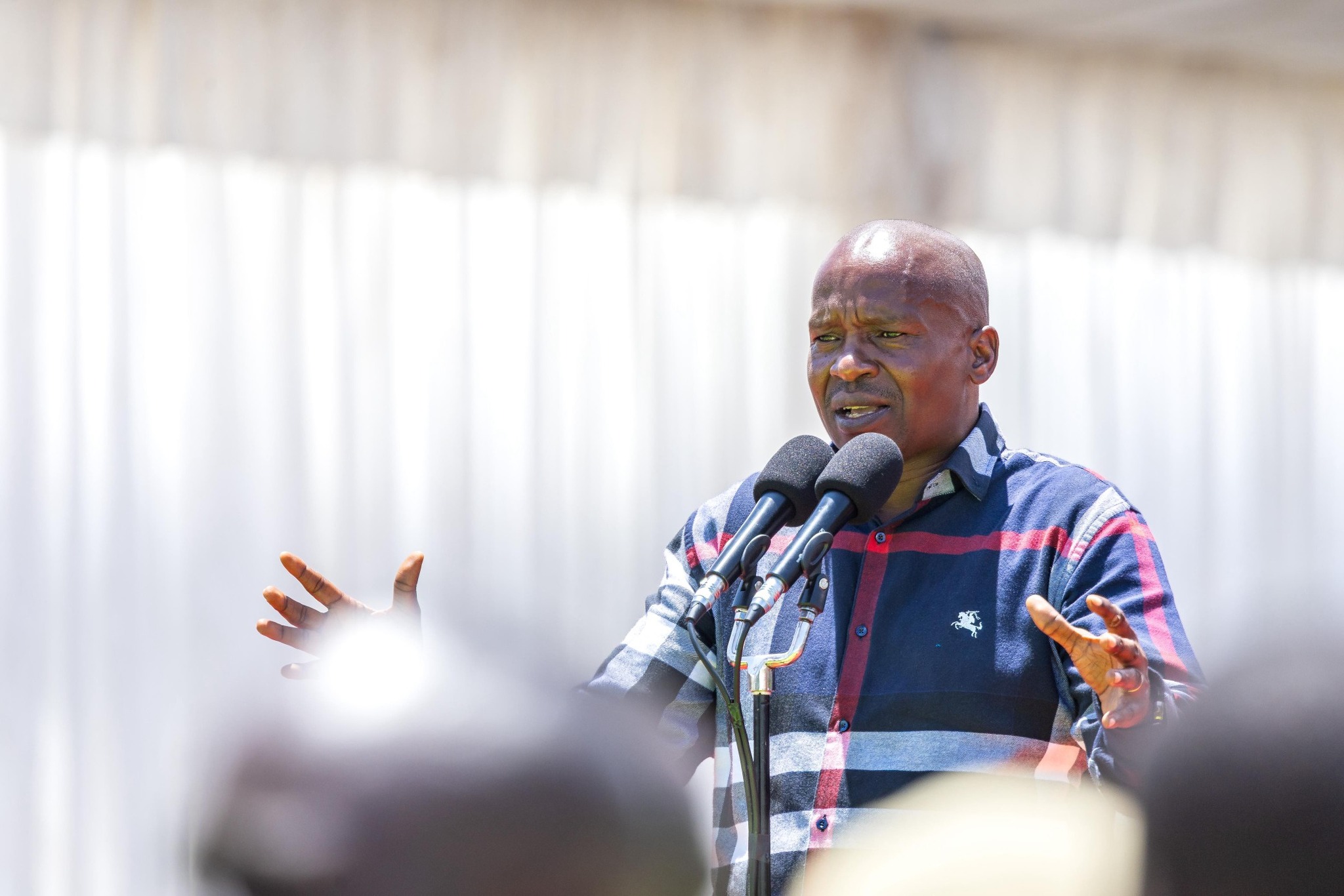
Kenyans React to Kindiki’s Call
Deputy President Kindiki’s Facebook post sought to strike a diplomatic tone, but Kenyans quickly brought their own political perspective to the discussion.
“Praying for the peace, stability and well-being of our brothers and sisters, our neighbours, the people of Tanzania,” Kindiki’s post read.
Reactions mixed genuine concern for the neighbours with pointed, humorous comparisons to Kenya’s own internal politics.
Many comments were focused on the Deputy President’s past promises back home. A user named Stephen Macharia stated: If the voice of the people is not heard, there will never be peace whatsoever.
A particularly funny observation came from Brihood Blade, who wrote, ” Pray for yourself 1st because Wanga wants your seat.”
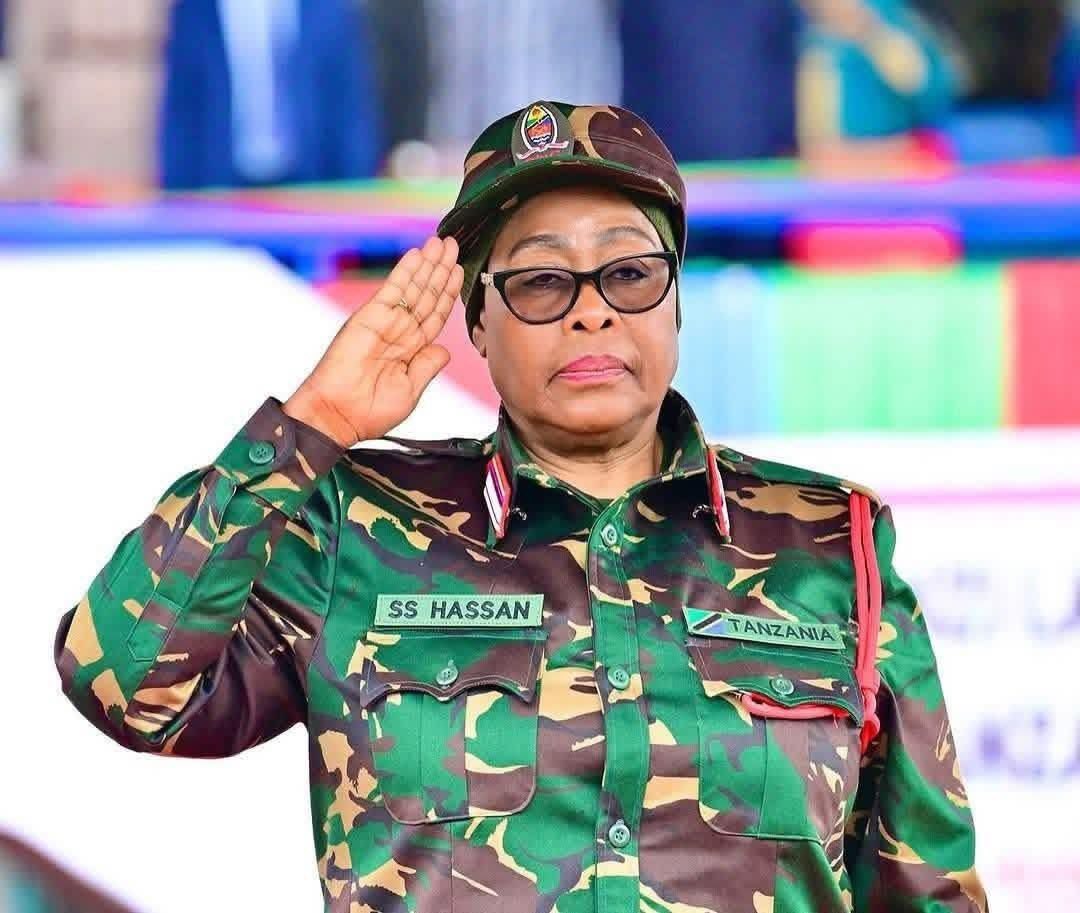
Another user, Were Were, reminded him, “Pray for justice, which will automatically result in peace, why are you rushing to peace before justice?”
Humour and Home Truths from the Comment Section
The comments often drew a stark comparison between the Deputy President’s focus on Tanzania and his perceived responsibilities in Kenya.
A weirdly specific comment from Richie Oiko read, “You should start by praying for yourself, you cannot pour from an empty cup!!”
Ruto AlbertIf. If added a satirical take, “Samia or Hassan wins, there’ll be violence, but if Suluhu wins, there’ll be peace.”
Background to the Turmoil
Tanzania’s general election on 29 October was marked by significant upheaval and controversy. Violent protests broke out in Dar es Salaam, the country’s largest city, leading to a police-imposed curfew.
Security forces were deployed across various parts of the nation. Unverified social media videos showed protesters clashing with police and a petrol station ablaze.
The unrest followed months of intensifying political repression. Critics and rights groups have accused President Samia Suluhu Hassan’s administration of stifling dissent. A nationwide disruption to internet service was also reported on election day.
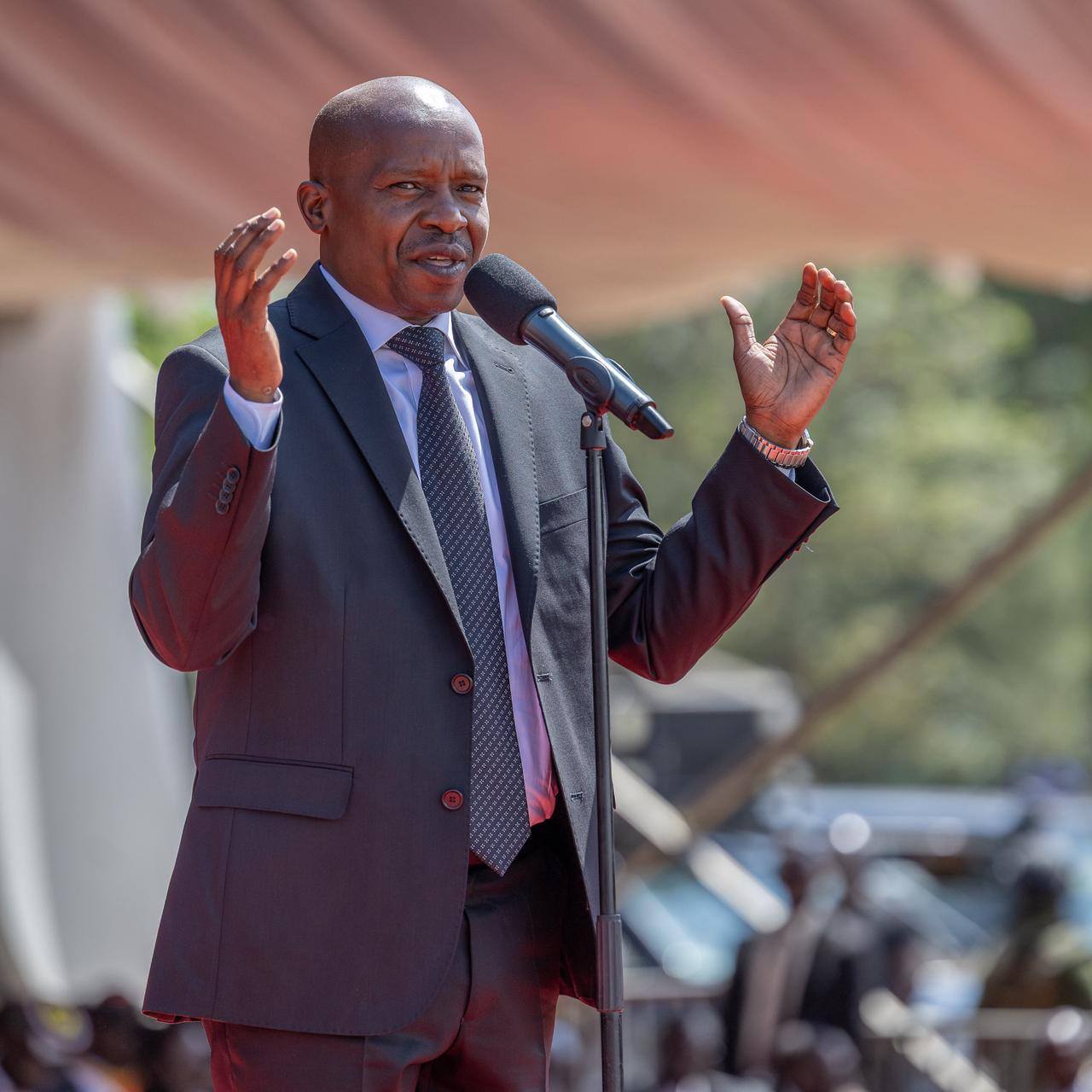
Why the Opposition Was Barred
The vote was widely expected to favour President Hassan, largely due to the systematic exclusion of the main opposition. The two leading opposition parties were effectively barred from the presidential contest.
Tundu Lissu, leader of the main opposition party CHADEMA, was disqualified from the election and is currently in custody on treason charges.
The party itself was disqualified after refusing to sign a controversial electoral code of conduct.
Furthermore, the presidential candidate for the second-largest opposition party, ACT-Wazalendo, Luhaga Mpina, was also disqualified. This led to many referring to the poll as a mere “coronation”.
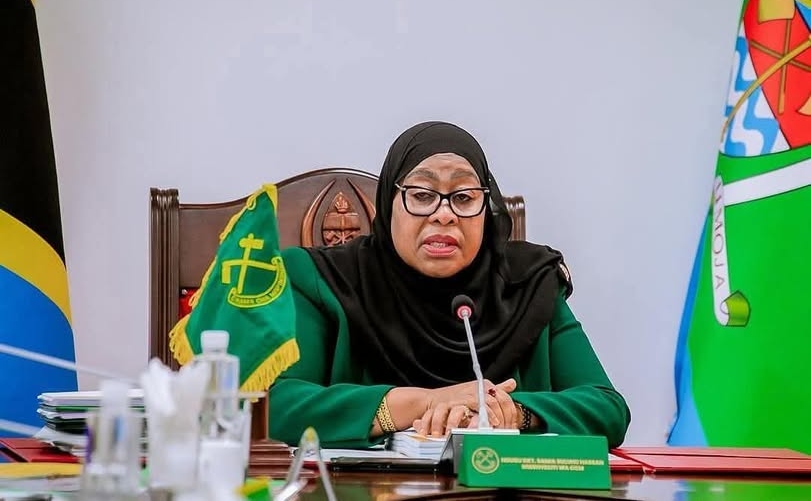
The overwhelming sentiment reflected in the comments section showed Kenyans engaging with the regional political turmoil not just with solidarity, but with a deeply ingrained habit of using humour.
by moses sagwe


